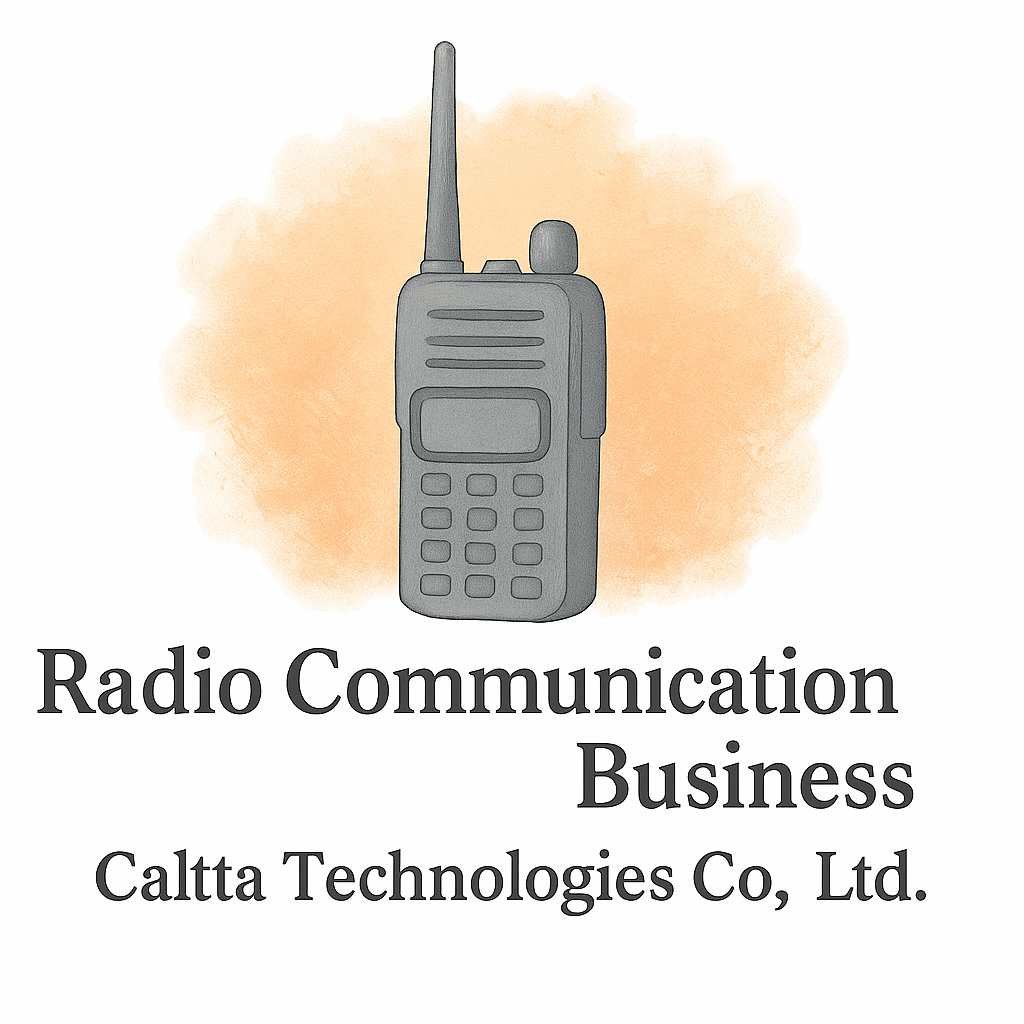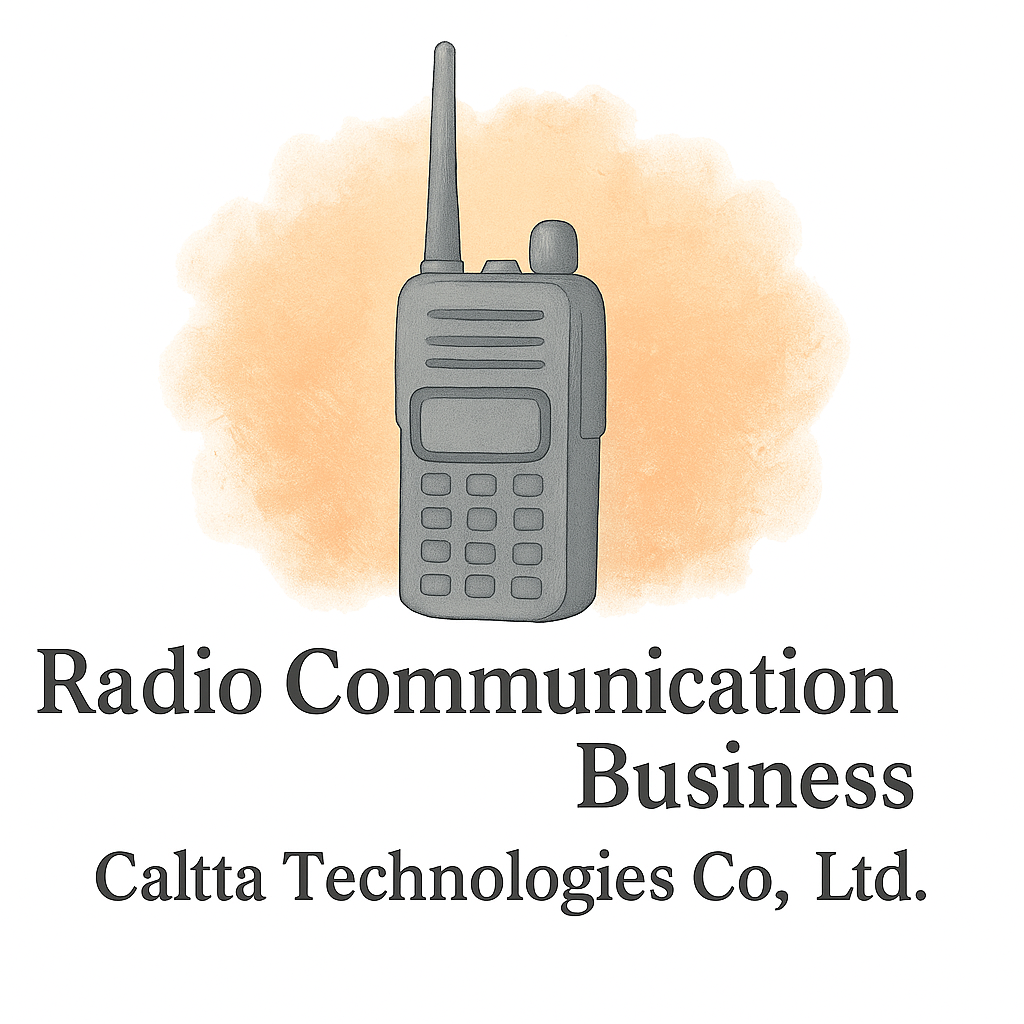Introduction: Why Radio Communication Still Matters
In today’s digital age, it might be tempting to think smartphones and apps have replaced radio communication. But here’s the truth: when emergencies strike, or when operations demand real-time, no-fail communication, radios still rule. Unlike mobile networks that can crash or lag, radio systems provide instant, reliable, and cost-effective channels for teams. From disaster response to event planning, agencies worldwide continue to prove how powerful radio communication can be.
In this article, we’ll walk through seven real-life case studies of agencies that leveraged radio communication effectively. Each story highlights its impact, lessons learned, and practical takeaways you can apply to your business setup.
Case Study 1: Emergency Response Agencies Coordinating Disasters
When a natural disaster hits, seconds count. Emergency response agencies often rely on radio communication as their backbone.
How Radio Communication Enabled Faster Rescue Operations
During recent flood rescues, emergency teams used handheld radios to coordinate evacuation zones. Radios allowed firefighters, police, and medical teams to speak across channels instantly—even when cell towers went down. This created seamless collaboration between multiple agencies.
Lessons Learned for Future Crisis Management
The key lesson? Radios remain a lifeline when all else fails. Agencies realized the importance of cross-channel integration and training staff to switch frequencies fast. Businesses and organizations in disaster-prone areas can take note: radio systems should be part of every crisis plan.
Case Study 2: Law Enforcement Agencies Streamlining Patrols
Police departments worldwide have been using radios for decades, but today’s systems are more advanced than ever.
Real-Time Updates Between Officers
In a metropolitan city, law enforcement used encrypted radios for secure communication. This ensured officers could share real-time updates on suspect movements without delay or risk of interception.
Boosting Public Safety Through Reliable Channels
With radios, patrols became more efficient, leading to quicker response times and better crime prevention. The takeaway here? Reliable radio networks don’t just save time—they save lives.
Case Study 3: Event Management Firms Handling Large Crowds
Think about a massive music festival or sporting event. How do organizers keep security, catering, logistics, and medical staff in sync? The answer is simple: radios.
Ensuring Smooth Communication Across Departments
One event management company in Atlanta deployed over 200 radios during a major sports event. With dedicated channels for different teams, they coordinated traffic flow, security, and medical emergencies without chaos.
Case Insights for Other Event Planners
The agency reported fewer delays, higher guest satisfaction, and reduced risks. If you’re planning events, consider how radio communication simplifies coordination where apps or texts would fail under network congestion.
Case Study 4: Construction Companies Enhancing On-Site Safety
Construction sites are noisy, dangerous, and constantly changing. Radios cut through the noise to protect workers.
Reducing Accidents with Immediate Alerts
One construction company introduced radios after repeated safety issues. Workers were able to instantly alert supervisors when hazards appeared, drastically reducing accident rates.
Improving Workflow with Clear Communication
Supervisors coordinated deliveries and task updates over radios, ensuring projects stayed on schedule. Beyond safety, radios saved both time and money by streamlining communication.

Case Study 5: Transportation & Logistics Agencies Coordinating Fleets
In logistics, delays cost money. For trucking agencies, radio systems are often the secret weapon.
How Drivers Stay Connected on the Road
One logistics agency installed long-range radios across its fleet. Drivers communicated roadblocks, weather updates, and rerouting information immediately, without relying on unreliable mobile signals.
Minimizing Delays and Saving Costs
The results were remarkable: faster deliveries, lower fuel consumption, and fewer miscommunications. It’s a classic example of radio communication driving cost-saving measures in real-world business operations.
Case Study 6: Hospitality & Tourism Agencies Serving Guests
Luxury resorts and tourist agencies thrive on speed and efficiency behind the scenes. Radios help them pull it off.
Behind-the-Scenes Communication in Resorts
At a Caribbean resort, staff used radios for everything from room service to emergency maintenance. Guests never saw the hustle—but enjoyed flawless experiences thanks to discreet communication.
Elevating Guest Experiences with Speedy Responses
By reducing service delays, the resort boosted guest satisfaction scores and repeat bookings. That’s proof that communication tools can directly impact brand reputation.
Case Study 7: Healthcare Agencies and Hospitals in Emergencies
Hospitals can’t afford downtime. When patients’ lives are at stake, communication must be instant and clear.
Radio Systems for Critical Patient Transfers
In one hospital system, ambulance crews used radios to update ER teams on patient conditions while en route. This gave doctors precious prep time.
Life-Saving Impact of Reliable Communication
The outcome? Faster treatment, improved survival rates, and fewer errors. This case proves that radio communication in healthcare isn’t just helpful—it’s lifesaving.
Benefits of Radio Communication Across Industries
So, what do all these case studies teach us? That radio communication works across industries, big and small.
Cost-Saving and Reliability
Unlike cell phones, radios don’t come with monthly bills or dropped calls. Agencies save money while gaining reliability. See more on cost-saving strategies.
Compliance and Safety Advantages
For industries under strict regulations, radios help maintain safety and compliance by ensuring clear communication logs.
Common Mistakes Agencies Should Avoid
While radios are powerful, agencies can make mistakes that reduce their effectiveness.
Overreliance on Mobile Networks
Some agencies assume mobile apps can replace radios—but in crises, networks often collapse. That’s a mistake to avoid.
Ignoring Training for Staff
Handing radios to staff without proper training creates confusion. Agencies should budget for both gear and training. Explore more on business setup basics.
Tools and Technology Supporting Radio Communication
Agencies today benefit from modern radio systems that are smarter and clearer.
Modern Equipment for Clearer Signals
Digital radios reduce static and improve range. Check the latest equipment and technology available for businesses.
Integrating Radio with Digital Platforms
Some agencies combine radios with apps for tracking and logging. This hybrid model represents the future of communication tools.
Future Trends of Radio Communication in Agencies
Where is radio communication headed next?
The Role of Tech in Expanding Capabilities
Expect radios with AI features, GPS, and cross-platform integration. See more industry insights on where communication tech is going.
Predictions for Next-Generation Communication
From drones to radio-communication-enabled IoT, the future is all about blending old-school reliability with modern innovation.
Conclusion
From disaster zones to luxury resorts, radio communication remains one of the most effective tools for agencies worldwide. These case studies prove that radios are not just old-school gadgets—they’re lifelines, cost-savers, and even brand-builders. Whether you’re running logistics, planning events, or managing healthcare operations, radios can be your secret advantage.
So, next time someone says radios are outdated, remember: when it matters most, radios deliver.
FAQs
- Why is radio communication better than mobile phones for agencies?
Because radios offer instant, reliable, and interference-free channels that don’t depend on mobile networks. - Which industries benefit most from radio communication?
Emergency response, law enforcement, construction, logistics, healthcare, hospitality, and event management. - Are modern radios different from traditional ones?
Yes, modern radios feature digital clarity, GPS, and integration with other tools. - How do radios improve safety in construction?
Workers can instantly alert supervisors of hazards, reducing accidents and downtime. - Can radio communication save businesses money?
Absolutely. Radios cut out recurring mobile costs and prevent delays that waste resources. - Do agencies need licenses for radios?
In many regions, yes. Licensing ensures compliance with law and regulation. - Where can agencies learn more about radio tools and trends?
Visit Caltta International for insights on tools, industry updates, and business communication strategies.


